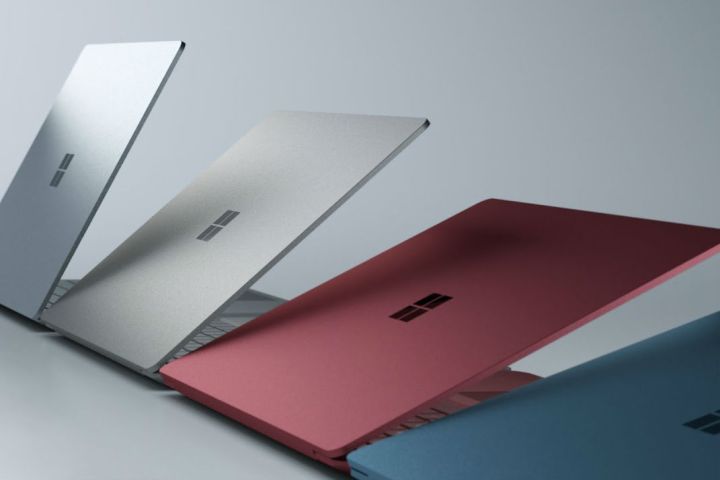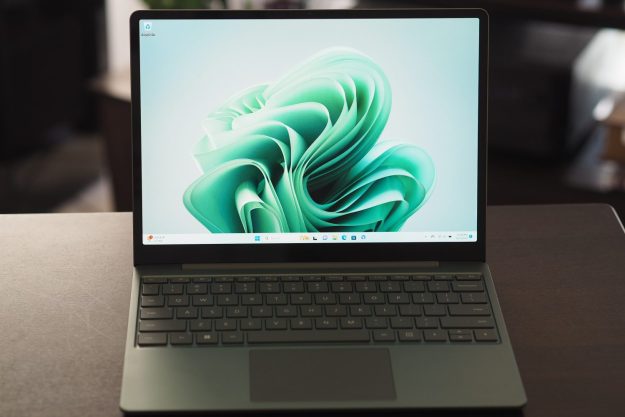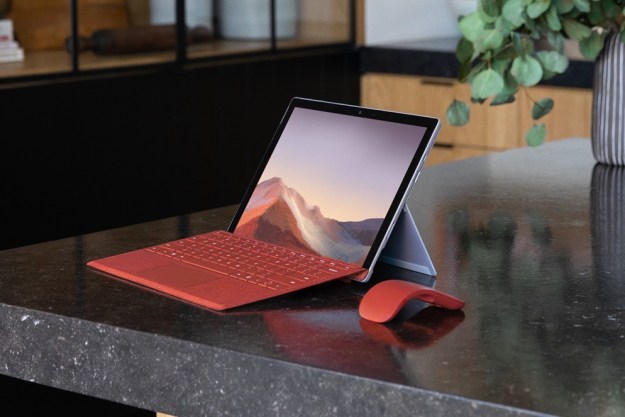
“New studies conducted by the Consumer Reports National Research Center estimate that 25 percent of Microsoft laptops and tablets will present their owners with problems by the end of the second year of ownership,” Consumer Reports said in its report. A damning indictment for any technology company, but Microsoft is adamant that the report doesn’t show the full picture.
It’s a tough sell though, as the report attacked the entire Surface lineup — the Surface, the Surface Pro, Surface Book, and the new Surface Laptop. These products are now “not recommended” by the consumer watchdog publication, but a few products, in particular, received even more devastating news, in that their previous recommendations are being reversed.
Both the Surface Laptop, 128GB and 256GB versions, and the Surface Book, 128 and 512GB versions, are losing their previous recommendations on account of their unusually high failure rates.
Microsoft initially defended its products publicly but has since continued to fight its cause with an internal memo to employees, which could point to a more extended campaign of defense of the Surface line. Discovered by Thurrot, the memo highlights the 90-day return rate of various Surface products, showing that the worst culprit was the Surface Book during December 2015, which saw just over a 16 percent return rate.

In 2017, none of the Surface lines are said to have return rates of anything over 5 percent.
“It’s important for us to always learn more from our customers and how they view their ownership journey with our products,” the memo from Microsoft corporate vice president Panos Panay reads. “Feedback like this stings, but pushes us to obsess more about our customers.”
That said, there were mentions in the memo about minor issues that could be corrected by the user being lumped in with the failure rates of the Surface products, which may have muddied the results. There were also later improvements in Surface devices which were “not reflected in the results of this survey.”
Moving forward, Panay claimed that Microsoft would use its internal data and partnerships with third-party organizations to spread the word about the reality of Surface product reliability.
While we don’t know if that major drive will now happen considering the leaked memo, it’s not entirely dissimilar to what Microsoft has already been doing with its public statements in defense of the Surface range.
“Microsoft’s real-world return and support rates for past models differ significantly from Consumer Reports’ breakage predictability,” Microsoft told us when reached for comment. “We don’t believe these findings accurately reflect Surface owners’ true experiences or capture the performance and reliability improvements made with every Surface generation.”
Panay released a lengthy statement defending the Surface lineup, disputing Consumer Reports’ data.
“In the Surface team, we track quality constantly, using metrics that include failure and return rates — both our predicted one- to two-year failure and actual return rates for Surface Pro 4 and Surface Book are significantly lower than [the cited] 25 percent,” Panay’s statement reads. “Additionally, we track other indicators of quality such as incidents per unit (IPU), which have improved from generation to generation and are now at record lows of well below 1 percent.”
One reason for the reportedly high failure rates could be that Microsoft is relatively new to PC manufacturing.
“The reality is that Microsoft has very little experience in some of the newer categories it’s entering very rapidly, which may expose it to more risk of problems in manufacturing,” a chief analyst at Jackdaw Research, Jan Dawson, told Reuters.
The problem here is that Consumer Reports and Microsoft each have their own data supporting their respective conclusions. Of course, only one of these two companies actually has a vested interest in people believing the Surface products are reliable. The other just wants to make sure you’re able to make an informed decision about which products you buy.
Updated: Added information relating to Microsoft’s internal memo.
Editors' Recommendations
- Surface Pro 10 and Surface Laptop 6 have arrived — with a catch
- The Surface Pro 10 sounds amazing, and it may be coming soon
- Surface Pro 10: all the major changes rumored for the new model
- I’m worried about the future of the Microsoft Surface
- This sleeper Asus laptop is faster and cheaper than Microsoft’s Surface Laptop Go 3


